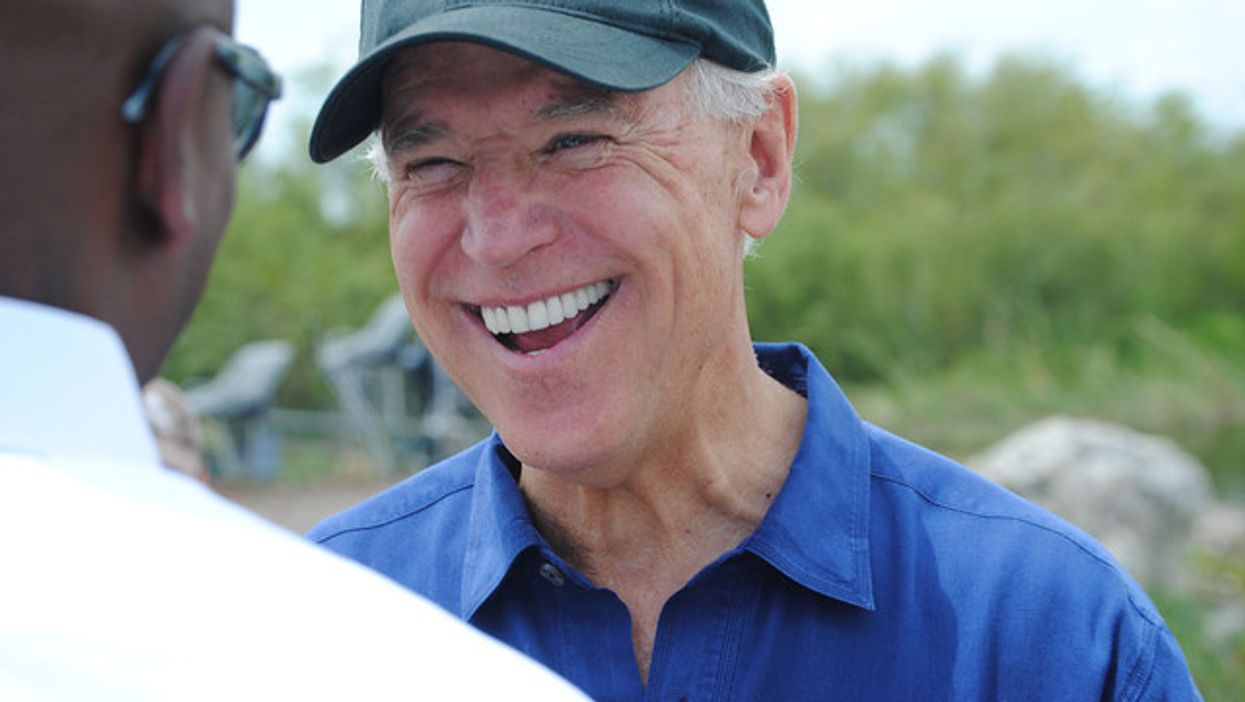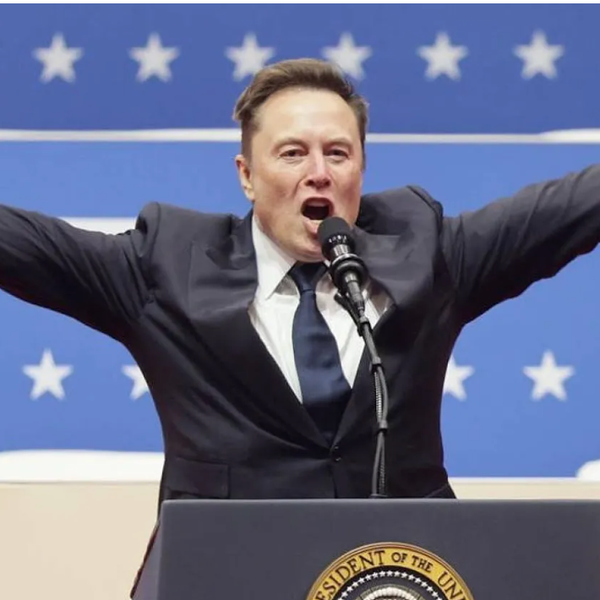Biden’s Real Health Care Reform Is Far Better Than Trump’s Imaginary Plan

Former Vice President Joe Biden
Health care policy has been a major issue for a long time. It played a big role in Barack Obama's 2008 election victory, his entire presidency and the 2010 GOP takeover of the House of Representatives. Repealing Obamacare was a Republican priority before and after Donald Trump became president. The debate on "Medicare for All" dominated the 2020 Democratic primaries.
Now, in the middle of the nation's worst pandemic in 100 years, you would think health care policy would be the object of obsession among politicians and voters. Instead, the issue has gone missing.
Congress is absorbed with economic stimulus and help for the unemployed. The Trump administration's favorite topic is law and order. Racial justice is paramount among Democrats right now.
But the topic may finally get some attention. "His aides are touting a speech in which Trump will lay out his health care vision," Politico reported Sunday. "White House counselor to the president Kellyanne Conway has been calling Trump 'the health care president.'"
Seriously? In June 2019, he said he would "produce phenomenal health care" with a plan he would be announcing "in two months, maybe less." We're still waiting for it.
Laying out his health care vision three-and-a-half years into his presidency would only highlight how little the issue concerned him. It's as if George W. Bush had waited until 2005 to respond to the 9/11 attacks.
Not that Trump has any coherent idea of how to address the problems in our health care system. His one firm idea was to undo what his predecessor did.
By his own standards, he's a failure. Candidate Trump decried the ACA as a "total disaster" and said in October 2016, "Repealing Obamacare and stopping Hillary's health care takeover is one of the single most important reasons that we must win on November 8." But he couldn't get a Republican-controlled Congress to get rid of the ACA. With some minor changes, it's alive and functioning.
Nor has the administration made any serious effort to construct an alternative that would expand coverage, reduce costs or fill the many holes in our health care system — needs that suddenly grew more urgent with the arrival of COVID-19. The United States still has the dubious distinction of being the only major industrialized nation that does not guarantee universal health care.
In a pandemic, the gaps in coverage are particularly worrisome, because patients who go without treatment — or work while ill for fear of losing their insurance — make it easier for the virus to spread. Lack of access for one person may mean death for another.
Our current system somehow yields both excessive costs and disappointing results. Despite spending far more than 11 other wealthy countries examined in a 2017 report by the Commonwealth Fund, the U.S. ranked last in performance.
The consequences are serious. "Poor access to primary care has contributed to inadequate prevention and management of chronic diseases, delayed diagnoses, incomplete adherence to treatments, wasteful overuse of drugs and technologies, and coordination and safety problems," the report concluded. None of those failings has abated under the pressure of the pandemic.
Joe Biden, fortunately, has not let himself be stampeded into supporting Bernie Sanders' extravagant "Medicare for All," a favorite of progressives. This week, the Democratic Party's platform committee rejected any single-payer system.
They may have heeded the lesson of the ACA experience: Americans dislike the health care status quo but distrust any major change. Incremental reforms are a more practical strategy than an ambitious overhaul.
Such changes can also make a difference in people's well-being. In 2008, 14.7 percent of Americans had no health insurance coverage, but by 2017, the figure was down to 7.9 percent, thanks in large part to the ACA. Obamacare represented a centrist approach that combined a conservative reliance on private insurance and markets with a liberal emphasis on providing crucial help to low-income Americans.
Trump has not offered a serious alternative because he and his party have never been come up with one. The most conservative states showed their priorities by refusing to expand Medicaid, not by creating better options. The result is that they have far higher numbers of uninsured people than other states.
Between the callous preferences of conservatives and the extravagant dreams of progressives lies the practical path to improvement represented by the ACA. Biden's plans, faithful to that approach, may be too dull to attract much attention. But they're not imaginary; they're not scary; and they're not futile.
Steve Chapman blogs at http://www.chicagotribune.com/news/opinion/chapman. Follow him on Twitter @SteveChapman13 or at https://www.facebook.com/stevechapman13. To find out more about Steve Chapman and read features by other Creators Syndicate writers and cartoonists, visit the Creators Syndicate website at www.creators.com.
- To Expand Health Coverage, Simpler Is (Much) Better - National ... ›
- Sanders: Biden Could Become 'The Most Progressive President ... ›
- Mocking Biden 'In Basement,' Fox News Ignores His Health Care ... ›
- McEnany Refuses To Disclose Details Of Trump’s New ‘Health Plan’ - National Memo ›
- Top Official Admits Trump’s Order On Pre-Existing Conditions Is Worthless - National Memo ›
- Biden Slams Trump On Health Care: ‘He Has No Plan’ - National Memo ›
- Biden Orders Halt To Trump’s War On Medicaid Families - National Memo ›








